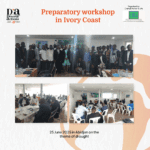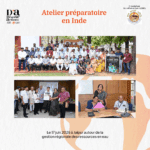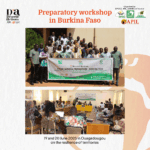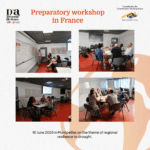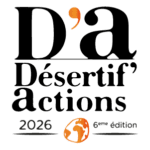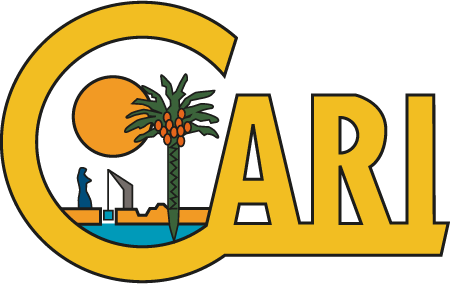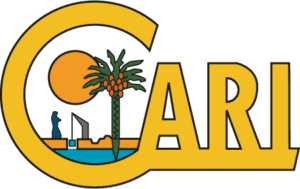News of 08/09/2025
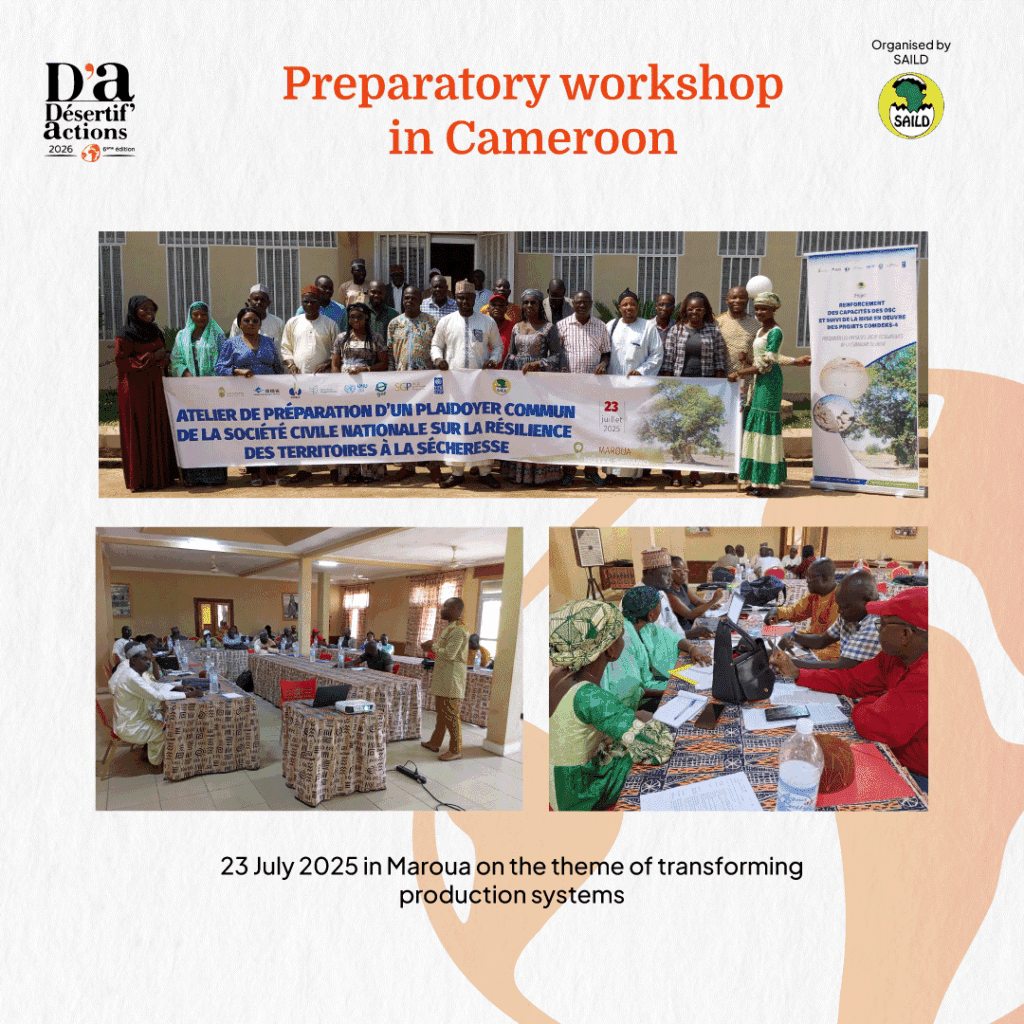
The NGO Service d’Appui aux Initiatives Locales de Développement (SAILD) organised a preparatory workshop for Désertif’actions on 23 July in Maroua. The meeting, which attracted some thirty participants, provided an opportunity to take stock of the effects of drought on production systems in Cameroon.
Focusing on sedentary agricultural and livestock production systems, participants identified the impacts of drought, as well as the obstacles and levers for action to deal with drought.
As part of an advocacy approach, the preparatory workshop for Désertif’actions in Cameroon provided an opportunity for dialogue between civil society and a number of officials from the Ministry of the Environment, Nature Conservation and Sustainable Development, the Ministry of Agriculture and Rural Development, and the Ministry of Water and Energy.
The effects of drought on production systems
The group work demonstrated the major impact of drought on the food security of the people of Cameroon, especially those in the North and Far North regions, the areas most affected by desertification and drought. Since 2000, at least 10% of Cameroon’s surface area has been affected by drought. The drought has led to conflicts between farmers and herders over access to natural resources. In 2021, more than 100,000 people were displaced as a result of drought-related conflicts in northern Cameroon.
Obstacles and levers to the implementation of solutions
The attachment to ancestral practices, the fear of change, the problems of access to land, the lack of qualified technical staff and the lack of suitable equipment for implementing and monitoring actions are all obstacles, identified by the participants, to responding to the drought.
There are several levers for action to overcome the difficulties of implementation, such as raising awareness and disseminating best practices and local techniques, land-use planning and management (demarcation of sensitive areas, establishment of buffer zones), capacity-building for staff in key ministries concerned with drought-related issues, and adaptation of agriculture and livestock farming.
National mechanisms to deal with drought
The workshop highlighted several national actions and initiatives to combat the effects of drought and desertification. For example, the National Development Strategy 2020-2030 targets 100% access to water in urban areas and 85% in rural areas of Cameroon by 2030. The Sahel Vert operation combats desertification in the country’s Far North Region by restoring degraded land in areas affected by desertification, effectively combating land degradation and increasing soil fertility. The livestock sector is being structured to improve management of pastoral land in the northern part of the country.
These various mechanisms address the problem of drought in a number of areas and sectors, optimising water management, making agriculture more resilient, developing livestock farming, protecting ecosystems and introducing agro-ecological practices.
Messages to make your voice heard
At the end of the workshop, participants had the opportunity to draw up a number of recommendations and messages for the attention of the government, parliamentarians, donors and international NGOs.
- The impact of the drought is already visible in Cameroon, with drinking water becoming increasingly scarce, a rise in malnutrition, particularly among children, and community tensions arising from competition for resources between farmers and herders.
- There is an urgent need to strengthen governance systems and ensure equitable access to water and land resources for all.
- In Cameroon, rural communities are the hardest hit by drought. Harvests have fallen by almost 40% in recent years, jeopardising the food security of thousands of families. Many farmers, powerless in the face of the situation, are abandoning their land to migrate to urban areas in search of better opportunities.
- These rural communities need our support to restore their land and adapt to climate change.
Read all the recommendations in the full workshop report (in French).
